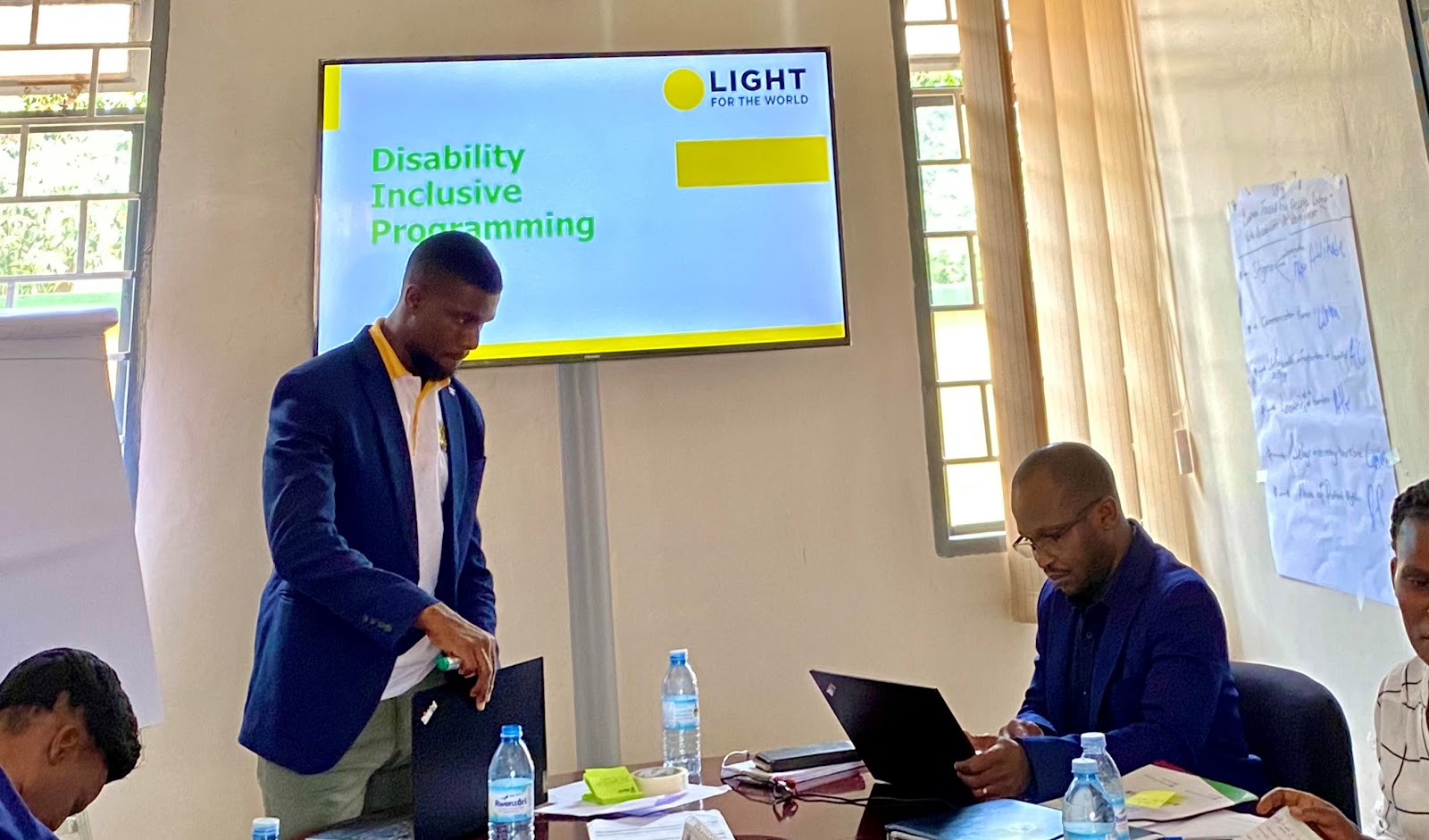Useful tips when interacting with people with hearing Impairments
International Week of the Deaf
(abbreviated as IW Deaf; used to be IWD) is celebrated annually the last full week of September
(Monday through Sunday).
You may also hear this
week called Deaf Awareness Week, but the official name
is International Week of the Deaf. It is celebrated by national and
regional associations of the deaf, local communities, and all individuals
worldwide.
History
The first International Day of the Deaf was first celebrated
by the World Federation of the Deaf (WFD) in 1958.
The day of awareness was later extended to a full week, becoming the International Week of the Deaf (IWD).1
The World Federation of
the Deaf (WFD) is an international, non-governmental organization of national
associations of Deaf people and is recognized by the United Nations (UN) as
their spokes-organization to promote the human rights of Deaf people.2 The WFD is composed of 130 national
associations of the deaf3 and
represents approximately 70 million Deaf people worldwide.2
International Week of
the Deaf is recognized by Deaf communities internationally. The World
Federation of the Deaf celebrates International Week of the Deaf the last week
of September to commemorate the first World Congress of the World Federation of
the Deaf, which took place in September 1951. Many countries, like the United
States, also celebrate the International Week of the Deaf the last week of
September, but there are some countries that choose to observe the week at a
different time.1
National affiliates and
regional partners of the World Federation of the Deaf help to lead
International Day of the Deaf across the world. The National
Association of the Deaf (NAD) represents the United States
at the General Assembly and World Congress of the World Federation of the Deaf
and they promote Deaf Awareness Week in the United States.3
Reason
The purpose of Deaf
Awareness Week is to increase public awareness of deaf issues, people, and
culture. Activities and events throughout Deaf Awareness Week encourage
individuals to come together as a community for both educational events and
celebrations.
Messages during Deaf Awareness
Week include:
- Celebrate the culture,
heritage, and language unique to deaf people of the world.
- Promote the rights of Deaf
people throughout the world, including education for Deaf people, access
to information and services, the use of sign languages, and human rights
for Deaf people in developing countries.2
- Recognize achievements of deaf
people, including famous deaf individuals.
- Educate about the
misconceptions of being deaf and the challenges the deaf population face
during everyday life.
- Learn about types, degrees, and
causes of hearing loss.
- Be exposed to sign language and
other ways deaf and hard of hearing people communicate.
Events
The World Federation of
the Deaf (WFD) and the National Association of the Deaf (NAD) encourage
organizations and local communities to recognize Deaf Awareness Week through
events that educate and bring the community together.
Types of events vary, but may
include:
- Awareness events, public
information campaigns, and distribution of material
- Events put on by Deaf Ministry
Programs in Churches
- Sign Language lessons or
courses for the public
- Hearing screening
- Events with guest speakers,
workshops, or panel discussions
- Film screenings
- Sign Language concerts or
performances
- Games and other entertainment
events for the community
Useful
tips when interacting with people with hearing loss:
§
If someone doesn’t
understand what you’ve said, don’t keep repeating it. Try saying it in a
different way instead.
§
Check that the person
you’re talking to is following you during the conversation. Use plain language
and don’t waffle. Avoid jargon and unfamiliar abbreviations.
§
To make it easy to
lipread, don’t cover your mouth with your hands or clothing.
§
If you’re going on a
date at a restaurant, find a suitable place to talk, with good lighting and
away from loud speakers and distractions.
§
Get the listener’s
attention before you start speaking, maybe by waving or tapping them on the
arm.
§
Use natural facial
expressions and gestures.
§
Make sure you have
face-to-face contact with the person you are talking to.
§
If someone is working
with a BSL interpreter, always remember to talk directly to the person you are
communicating with, not the interpreter.
§ If you’re talking to a group that includes deaf and hearing people, don’t just focus on the hearing people.
Hearing loss affects people of all ages and can be caused by
a number of factors, including exposure to loud noises, virus or disease,
ageing and it can be inherited. Small changes in our lives can make a big
impact on people with hearing loss, so let this be the week you forget all the
stereotypes you’ve heard and just make some new friends.




IPRC is one of the best private physiotherapy and rehabilitation center in twin cities (Islamabad & Rawalpindi).
ReplyDelete